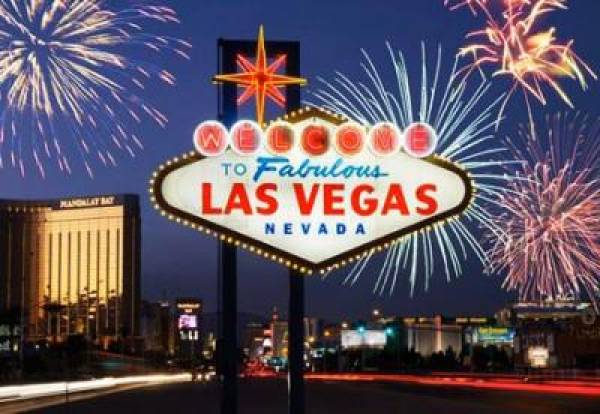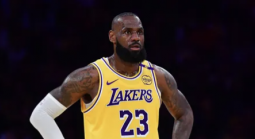Cheats Overtake Mobsters on Vegas Black List

Mobsters and those connected with the mob are now the minority among Las Vegas's infamous casino Black Book.
Of the 21 people banned from Nevada casinos between 1990 and 2000, most had alleged mob connections, according to a report in the Las Vegas Sun. From 2001 to today, only seven names were added to the list, and all except one were casino cheats.
"How important is the Black Book today?" asked Bill Eadington, director of the Institute for the Study of Gambling and Commercial Gaming at the University of Nevada, Reno, then answered his own question: "I would say not very."
At least not in comparison to the first List of Excluded Persons, issued in 1960 with 11 names tightly tied to organized crime - mob bosses with hidden interests in casinos, enforcers connected to gangland murders, drug traffickers and a person linked to a Castro assassination plot.
"It was a very powerful symbol," said Robert Faiss, a gaming attorney and former Gaming Commission secretary. Federal authorities saw Las Vegas as a town where mobsters colluded with casinos; the list began as a public relations counter-strike intended to forestall federal regulation of gambling.
Today's Black Book, by contrast, is used to combat the threat of cheats, people who damage Las Vegas' revenue.
One of the folks listed in the Vegas Black Book was Frank Masterana, who died in the Dominican Republic at the age of 80 this past May.
Masterana ran one of the first offshore sportsbooks, though he never really followed his colleagues to the online realm.
An illegal bookmaker much of his adult life, Masterana's name was placed in the Black Book on Oct. 19, 1988. He became known as an associate - a reluctant one, to hear Masterana tell it - of Anthony Spilotro in the early 1980s.
Following a couple trips to prison, Masterana moved his base of operations to the Dominican Republican, and according to reliable sources at the time of his death he ran more than a dozen sports betting outlets in Santo Domingo.
Our own Thomas Somach once reported that Masterana would often slow pay big winning clients, claiming he was in a bind having to support his quadruplegic son.
Jagajeet Chiba, Gambling911.com













